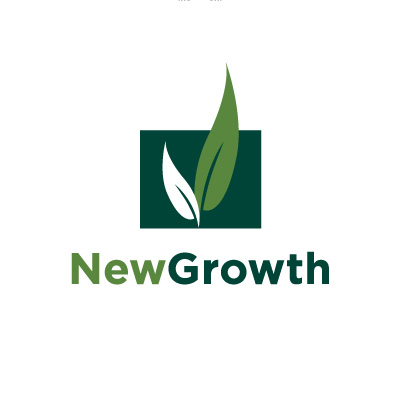Micellaneous Agencies
| Grant Title | Upcoming or Most Recent Deadline | Funding Potential | Match | Period of Performance | Eligible Applicants | Purpose |
|---|---|---|---|---|---|---|
| Illinois Clean Jobs Workforce Network Program CSFA 420-30-3197 | 9/1/2023 | $500,000 - $3,000,000 | No | Start date: December 1, 2023 Initial period of performance: 12 months Two 12 month renewal for each award based on performance | Community-based organizations, defined as organizations that: Provide employment, skill development or related services to members of the community; Includes community colleges, nonprofits, and local governments; Has at least one main operating office in the community or region it serves; and Demonstrates relationships with residents and other organizations serving the community. | A network of at least 13 Illinois Clean Jobs Program delivery hub sites (Workforce Hubs) throughout the State to recruit and provide clean energy and related workforce training to jobseekers. Workforce Hubs will engage with potential employers, community-based organizations, educational institutions, and community-based and labor-based training providers to ensure program-eligible individuals across the State have dedicated and sustained support to enter and build clean energy careers. The Workforce Hubs will be run by community-based organizations and utilize a Clean Jobs Curriculum Framework to provide clean jobs training and a career pathway for participants. |
| EPA: Environmental Justice Collaborative Problem-Solving (EJCPS) Cooperative Agreement Program | 4/10/2023 | $500,000 for CBOs $150,000 for small CBOs (5 or fewer full-time employees) | No | 3 years Start Date: October 1, 2023 | Only entities that qualify as community-based non-profit | EPA is issuing this solicitation to request applications for projects supporting community-based nonprofit organizations (CBOs) in their efforts to collaborate and partner with other stakeholders (e.g., local businesses and industry, local government, medical service providers, academia, etc.) to develop solutions that will significantly address environmental and/or public health issue(s) in communities disproportionately burdened by environmental harms and risks. These projects will help transform disadvantaged and underserved communities into healthy, thriving communities capable of addressing the environmental and public health challenges they have historically faced, as well as current and future challenges. |
